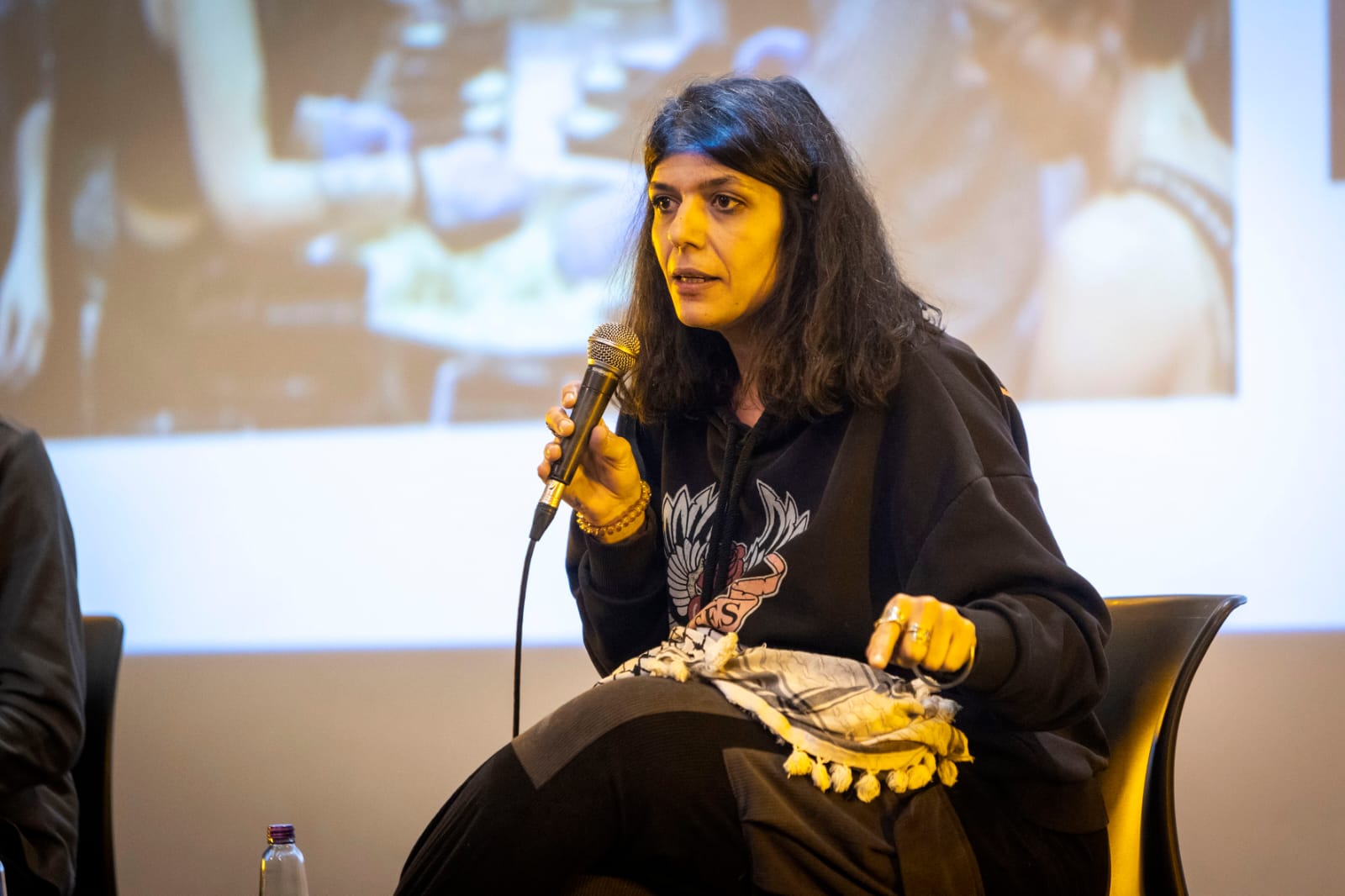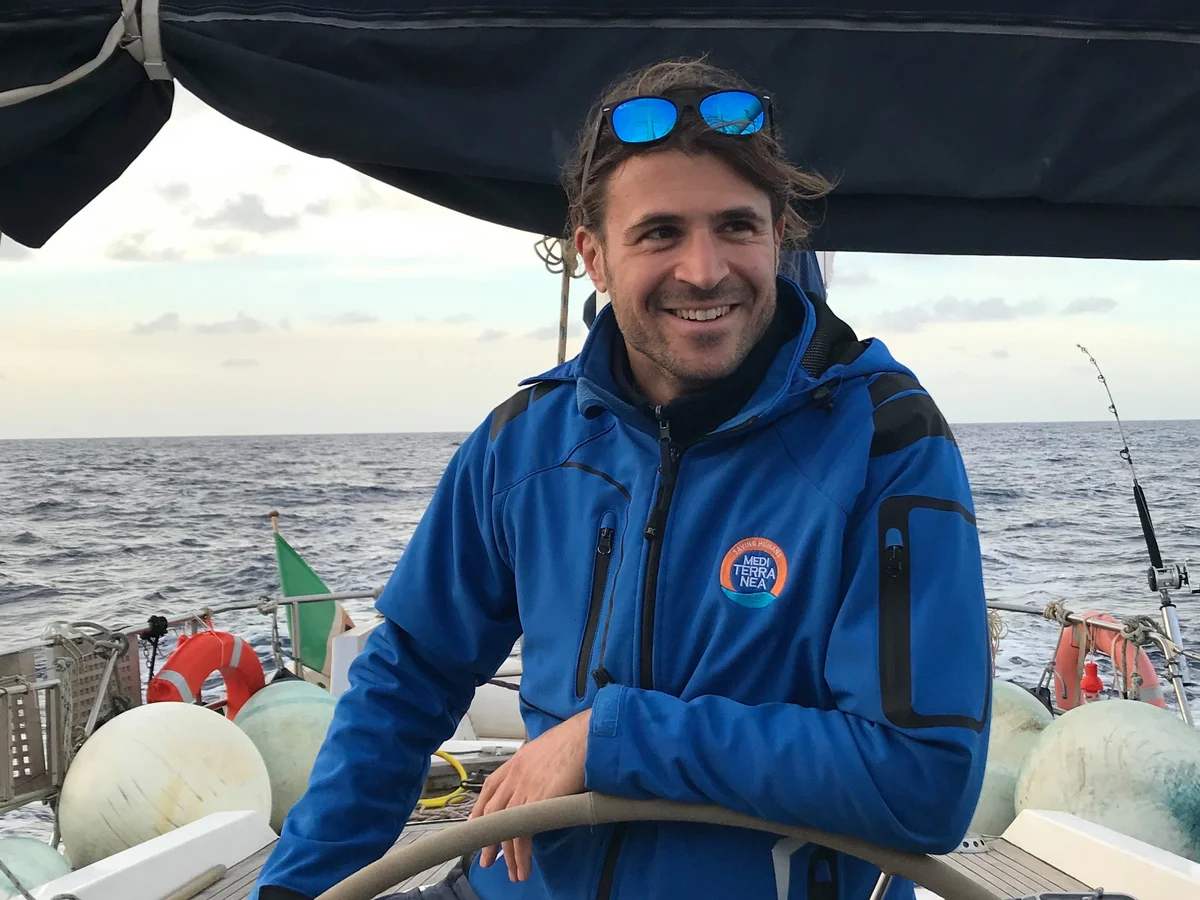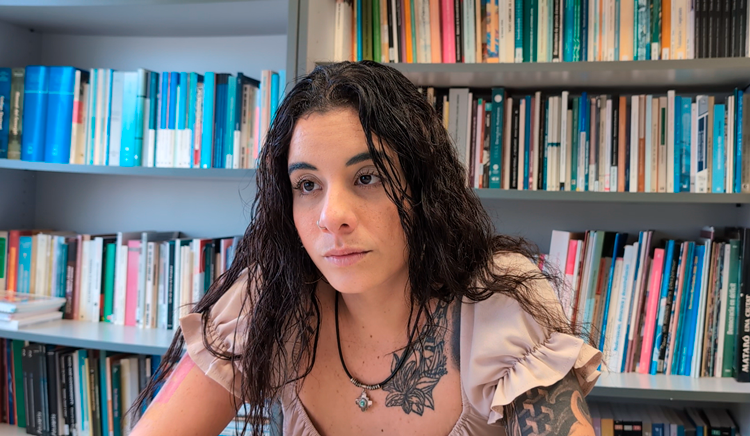This mining project, which is opposed by the CMDBCP, is driven by Inversiones los Pinares (Investment group commissioning the making of the mine), formerly known as Emco Mining. Its located in a protected area since 2011, and said area was shrunk in order to accommodate Emco Mining’s project. The activists fear that the commission of this mine can gravely affect its immediate environment and the rivers around it, specifically the San Pedro and Guapinol river.
In 2018, after Inversiones Los Pinares started the constructions of a highway to access “Montaña de Botaderos Carlos Escaleras” National Park, the waters of the Guapinol river became muddy, and it was no longer available for the use of the Guapinol community. August of that year, a camp was set up to block the aforementioned highway, which was violently cleared by authorities.
The charges presented against the eight imprisoned activists as well as other members of the CMDBCP are related to incidents that occurred during the timeframe in which the camp was being set on the highway.
Criminalization, violence and repression in Honduras
According to the Comité Municipal de Defensa de los Bienes Comunes y Públicos de Tocoa,the Honduran penal code does not provide preventive detention for the crimes of which the eight defenders deprived of liberty are accused. In this sense, the organization denounces a “clear violation of due process”, consolidated in the December 18th hearing, in which, again, the activists’ request for freedom was denied.
The CMDBCP explains that, within the framework of the entire process, the Public Ministry and the judiciary have positioned themselves in favour of the mining company and have enabled the criminalization of the activists, both the eight who are imprisoned and the other five leaders on whom an indictment has been received but not confirmed. For these reasons, they are considered politically persecuted.
The accusations of the defendants of the Guapinol waters highlights a generalized pattern of criminalization, violence, and repression against environmental activists in Honduras. The murder of Berta Cáceres is one of the most renowned cases. The Carlos Escaleras National Park is named after another activist killed in the 90s, who was also a defender of the land and was opposed to a African palm project in the same territory in which CMDBCP fights now.
While issues in the region have dragged on for decades, environmental conflicts in Honduras have worsened since the coup d’etat in 2009, which dismissed the then president, Manuel Zelaya, from his post.



